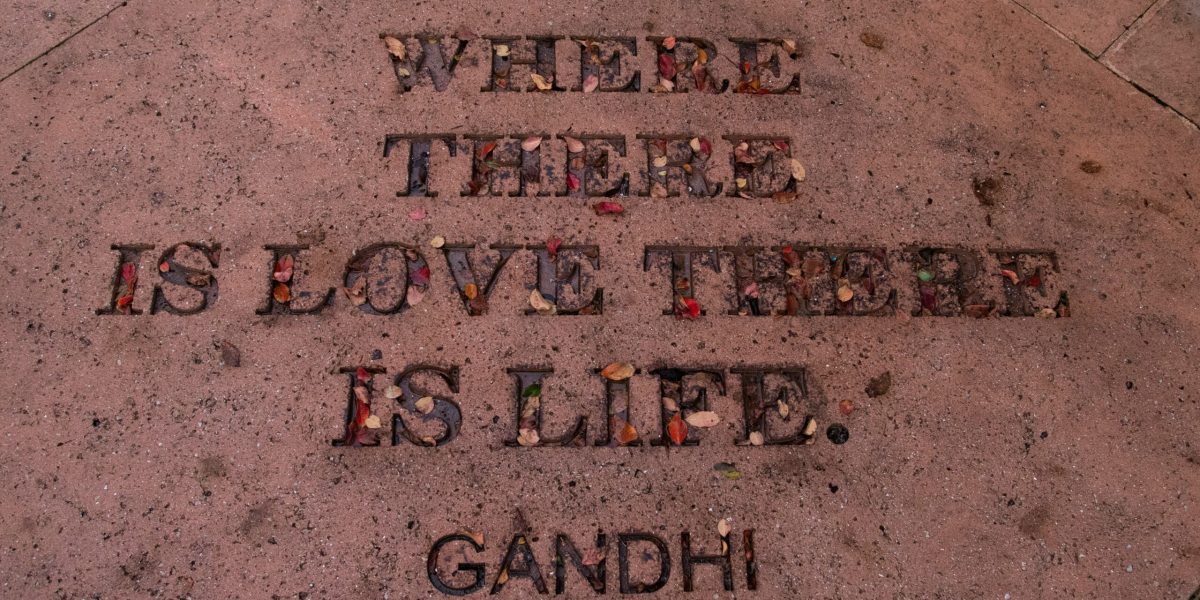Throughout history, certain individuals have risen to prominence, leaving behind legacies that have shaped societies, cultures, and global progress. Whether through leadership, innovation, or advocacy, these historical leaders played pivotal roles in directing the course of world events. Their impact continues to resonate today, offering lessons on courage, vision, and resilience. This article explores how some of history’s most famous figures have influenced world history and why their contributions remain significant.
How Did Leaders Like Abraham Lincoln Shape Societal Change?
One of the most celebrated figures in American history, Abraham Lincoln, serves as a prime example of leadership during adversity. Rising to prominence as the 16th President of the United States, Lincoln guided the country through one of its most divisive periods—the Civil War. His leadership was marked not only by his ability to unite a fractured nation but also by his bold actions to end slavery.
The Emancipation Proclamation of 1863 remains a cornerstone of Lincoln’s legacy. This act declared freedom for enslaved people in Confederate states, setting the stage for the 13th Amendment, which abolished slavery across the nation. Lincoln’s vision for equality and unity established a foundation for future civil rights movements, reminding leaders today of the importance of fighting for justice even in the face of immense challenges.
Beyond his policies, Lincoln’s leadership style, defined by humility and perseverance, continues to inspire political leaders and citizens alike. By prioritizing the values of freedom and equality, he demonstrated the power of principled leadership in transforming society.
What Was the Impact of Napoleon Bonaparte on Global Politics?
While admired and criticized in equal measure, Napoleon Bonaparte remains one of the most influential military and political figures in European history. Rising to power during the French Revolution, Napoleon became Emperor of France and reshaped global politics through his ambitious conquests and reforms.
Napoleon’s military campaigns redrew the map of Europe, leading to the spread of French influence and ideas across the continent. However, his impact extended beyond the battlefield. He implemented the Napoleonic Code, a set of laws that reformed civil, criminal, and family law. This legal framework emphasized principles like equality before the law, property rights, and secular governance, serving as a model for modern legal systems worldwide.
Despite his eventual downfall, Napoleon’s legacy endures as a symbol of ambition, strategy, and reform. His contributions remind historians of the complex relationship between power and progress, as well as the unintended consequences of empire-building on global stability.
Why Is Mahatma Gandhi Remembered as a Symbol of Peaceful Resistance?
Few historical leaders embody the principles of peaceful resistance as profoundly as Mahatma Gandhi. Born in India under British colonial rule, Gandhi’s leadership during the Indian independence movement changed the course of world history and inspired movements for justice around the globe.
Gandhi’s philosophy of nonviolent resistance, or satyagraha, emphasized the power of moral courage and civil disobedience. By encouraging Indians to boycott British goods, refuse unjust laws, and stand firm in their quest for freedom, Gandhi demonstrated that significant change can be achieved without violence. His leadership culminated in India’s independence in 1947, a turning point that reshaped global perspectives on colonialism and self-determination.
Beyond India, Gandhi’s influence extended to leaders like Martin Luther King Jr. and Nelson Mandela, who adopted his strategies in their own struggles for civil rights and equality. Gandhi’s legacy serves as a timeless reminder that peaceful actions can dismantle oppressive systems and pave the way for justice.
How Did Queen Elizabeth I Transform England’s Role in the World?
Queen Elizabeth I of England is remembered for her exceptional leadership during the Elizabethan Era, a time of immense cultural and political change. Her reign, lasting from 1558 to 1603, saw England emerge as a significant global power, transforming its influence in world history.
One of Elizabeth’s most notable achievements was her ability to stabilize a nation fractured by religious conflict. By adopting a policy of religious tolerance, she united her people under a single monarchy while avoiding the large-scale conflicts that plagued other European nations.
Elizabeth’s reign also marked the rise of exploration and trade. Figures like Sir Francis Drake and Sir Walter Raleigh embarked on expeditions that expanded England’s global influence and laid the groundwork for its future empire. At the same time, the period fostered a cultural renaissance, with playwrights like William Shakespeare producing works that defined English literature and continue to captivate audiences today.
Elizabeth’s leadership demonstrated the importance of adaptability, diplomacy, and cultural advancement in building a nation’s legacy. Her reign remains a defining chapter in English and global history, showcasing how visionary leadership can guide a nation through times of transformation.
Famous Figures Leave Lasting Lessons
The stories of leaders like Abraham Lincoln, Napoleon Bonaparte, Mahatma Gandhi, and Queen Elizabeth I demonstrate that historical figures are more than just names in textbooks. They embody resilience, vision, and the ability to influence world history in profound ways. From Lincoln’s fight for equality to Gandhi’s peaceful resistance, these leaders remind us that the actions of individuals can shape nations, inspire generations, and leave legacies that endure far beyond their time.
By learning from the successes and challenges of these iconic figures, we gain valuable insights into the power of leadership, justice, and innovation. Their stories continue to serve as a testament to the lasting impact of those who dare to change the world.






